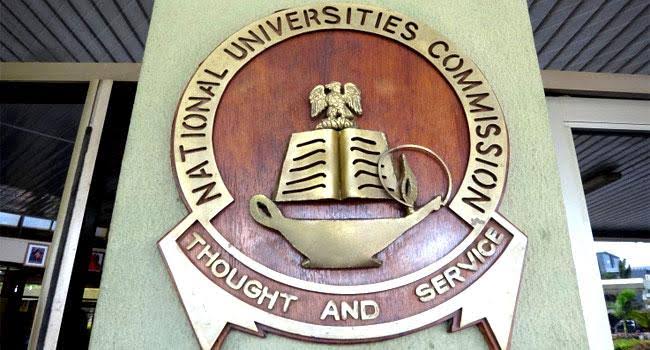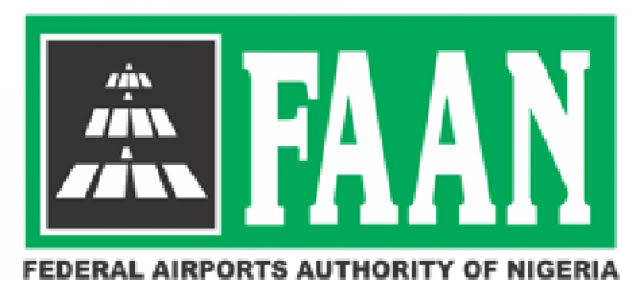The UK government is preparing to introduce a mandatory digital identification system for all adults as part of efforts to curb illegal immigration and reduce irregular Channel crossings.
Gatekeepers News reports that according to Sky News, Prime Minister Sir Keir Starmer is expected to formally announce the initiative, known as the BritCard, in the coming days.
What is the BritCard?
The BritCard will serve as official proof of the right to live and work in the UK. Every adult will be required to hold the digital ID, which will be verified against a central government database.
The card will also be accessible through a smartphone application, allowing employers and landlords to quickly check the legal status of prospective employees or tenants.
The government says the system will streamline how citizens prove their residency and employment rights, while providing stronger safeguards against fraud. Legislation will be required for rollout, following a consultation process.
Why the plan is being introduced
Officials argue that traditional identification documents are prone to forgery, enabling undocumented migrants to work illegally. A digitised system, they contend, will close these loopholes and restrict access to the black economy.
Labour peer Harriet Harman told Sky News in July that combining ID cards with tighter enforcement would make it significantly harder for irregular migrants to work in the UK.
French President Emmanuel Macron has also warned that the absence of ID cards in the UK acts as a “pull factor” for Channel crossings, since many migrants believe they can easily find work in the underground economy.
Broader immigration reforms
The BritCard proposal forms part of the government’s broader immigration overhaul unveiled in a White Paper on May 12, 2025. Key reforms include:
• Extending the residency requirement for permanent settlement from five to ten years.
• Raising the skill threshold for work visas to degree-level qualifications, with employers required to show investment in domestic talent before hiring foreign workers.
• Shortening the post-study Graduate Route visa from two years to 18 months.
• Tightening family visa rules, including new English language requirements for dependents.
• Introducing a Temporary Shortage List to regulate the recruitment of foreign workers for certain low-skilled roles (RQF 3–5), on a limited basis.
While the government expects the BritCard to strengthen enforcement against illegal work and irregular migration, the move is already sparking debate over privacy, surveillance, and the balance between national security and individual rights.










